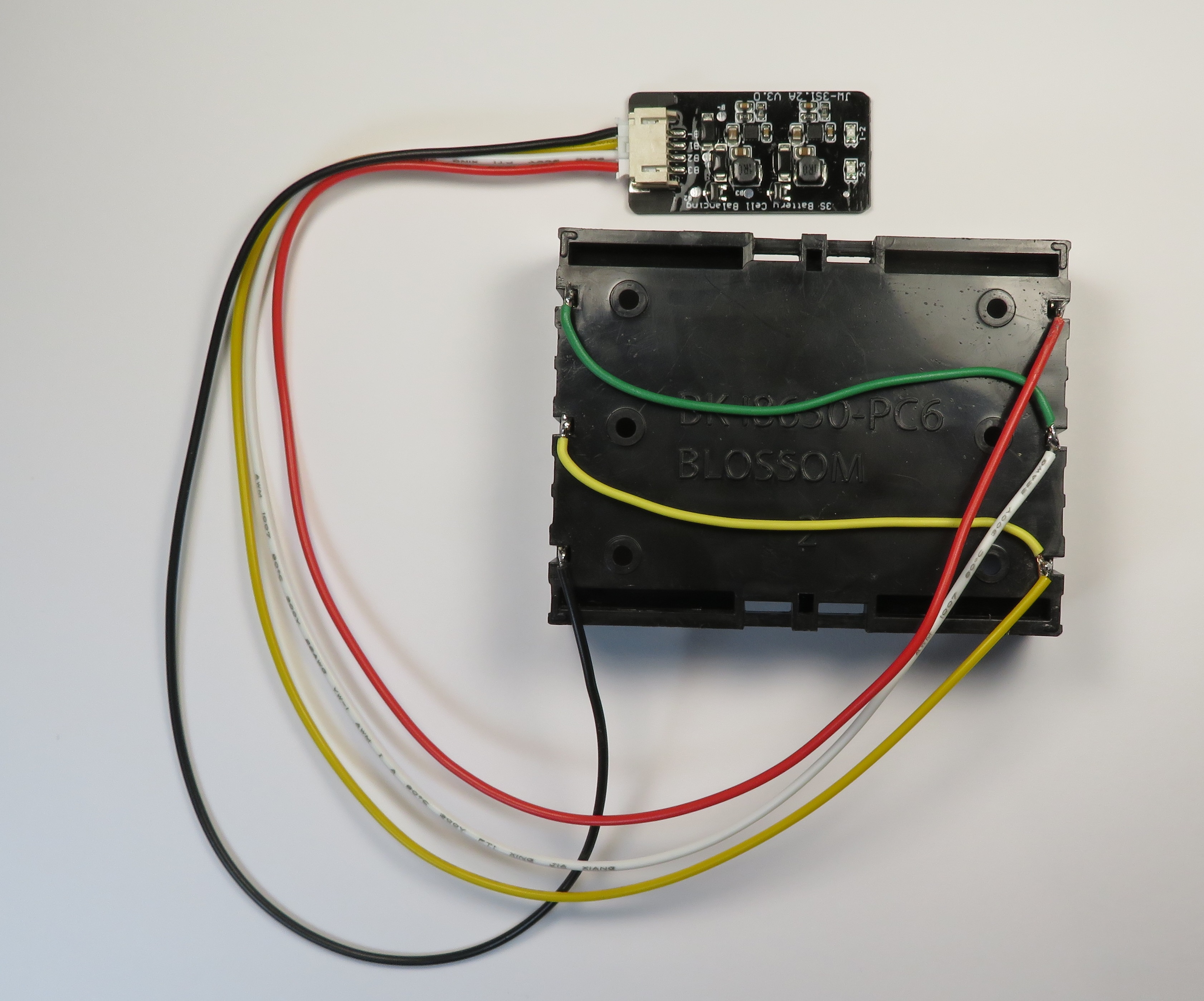

NiMH batteries have the edge over lithium-ion batteries since they will often last for several thousand load cycles. While only a few years ago the average life expectancy of a battery was around two years improvements in technology and manufacturing have resulted in a much higher average life expectancy of three years or more these days. High quality batteries will last for anywhere between 500 and 1,000 load cycles. If you only run down 20 % of your battery’s capacity and recharge it afterwards this would thus only be considered a fifth of a load cycle.
CHARGING LITHIUM BATTERIES FULL
Generally speaking, a load cycle is a full cycle of charging and discharging all cells of a battery. Thus, manufacturers usually specify endurance in load cycles. Just like other types of rechargeable battery lithium-ion batteries will age a tiny little bit with each charge/discharge cycle due to chemical reactions inside the cell itself.

The main difference between lithium-ion and lithium-polymer batteries is their prospective form – the latter can be formed into many shapes, for example curved cylinders. Since lithium-polymer batteries are only a subspecies of lithium-ion batteries the following statements apply to these batteries as well. Following advice derived from these rumors will frequently have the exact opposite effect on lithium-ion batteries. Unfortunately, the internet is abound with rumors dating back to the days of nickel-metal hydride (NiMH) or even the much older and mostly extinct nickel-cadmium cells (which happen to be not only harmful to the environment but also to your health). If you want to avoid the quite hefty manufacturer and third party service fees the right charging and storage techniques could help to improve your battery’s life expectancy as well as to reduce its inherent capacitance loss. Digital cameras sometimes even require special tools to open the cases and once inside you’ll realize the battery is cemented in place.

Nowadays, most notebooks, smartphones, tablets, and other gadgets like wearables have waved goodbye to the user replaceable battery, and more often than not replacing it anyway means voiding your warranty.


 0 kommentar(er)
0 kommentar(er)
